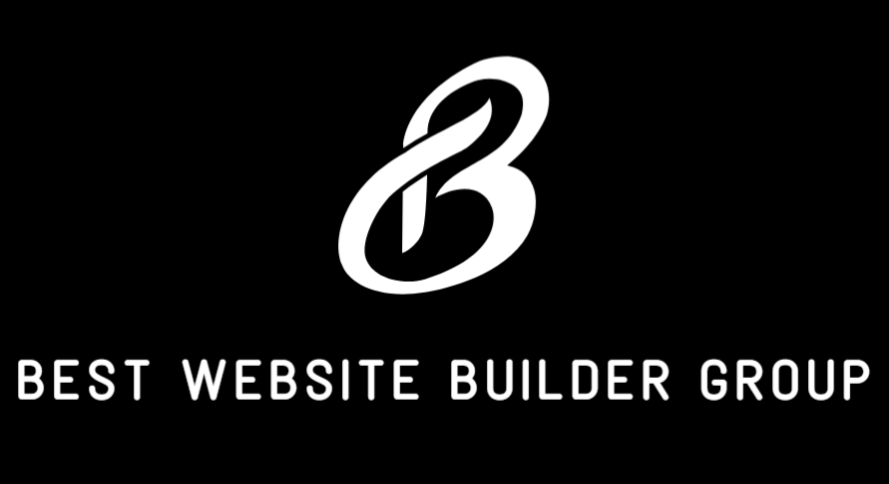In an age where digital threats are becoming more sophisticated and frequent, website security is no longer just a backend concern for developers and IT teams. It is a core factor in how your website ranks in search engines and how users engage with your brand. Google has made it clear for years: secure websites are trusted websites — and trusted websites rank better.
If you want to improve SEO performance, building a foundation of website security is one of the most important technical and credibility enhancements you can make. From HTTPS to malware protection and secure hosting, securing your site sends a clear message to both search engines and visitors: you take trust seriously.
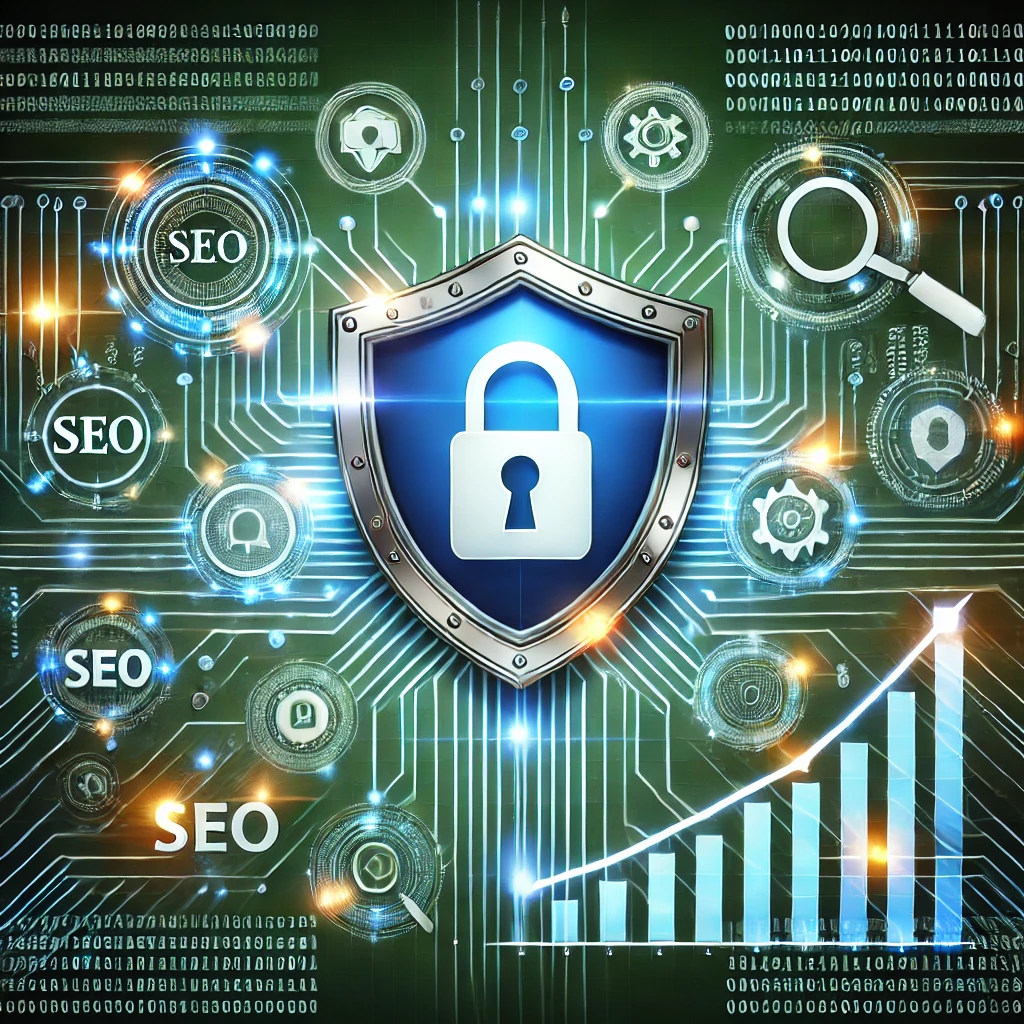
Why Website Security Affects SEO
Google prioritizes user experience. A major part of user experience is safety — protecting users from data theft, malicious downloads, and phishing attempts. As such, Google has confirmed that website security, particularly the use of HTTPS, is a ranking signal in its search algorithm.
But the implications go far beyond a small ranking boost. A lack of security can:
- Trigger browser warnings that scare visitors away
- Get your site flagged or blacklisted by Google
- Open you up to downtime, redirect hacks, or content injection — all of which negatively affect rankings
Search engines not only want to display secure websites at the top of search results, but they also need to protect their users. Any website lacking basic protections runs the risk of being penalized, either manually or algorithmically.
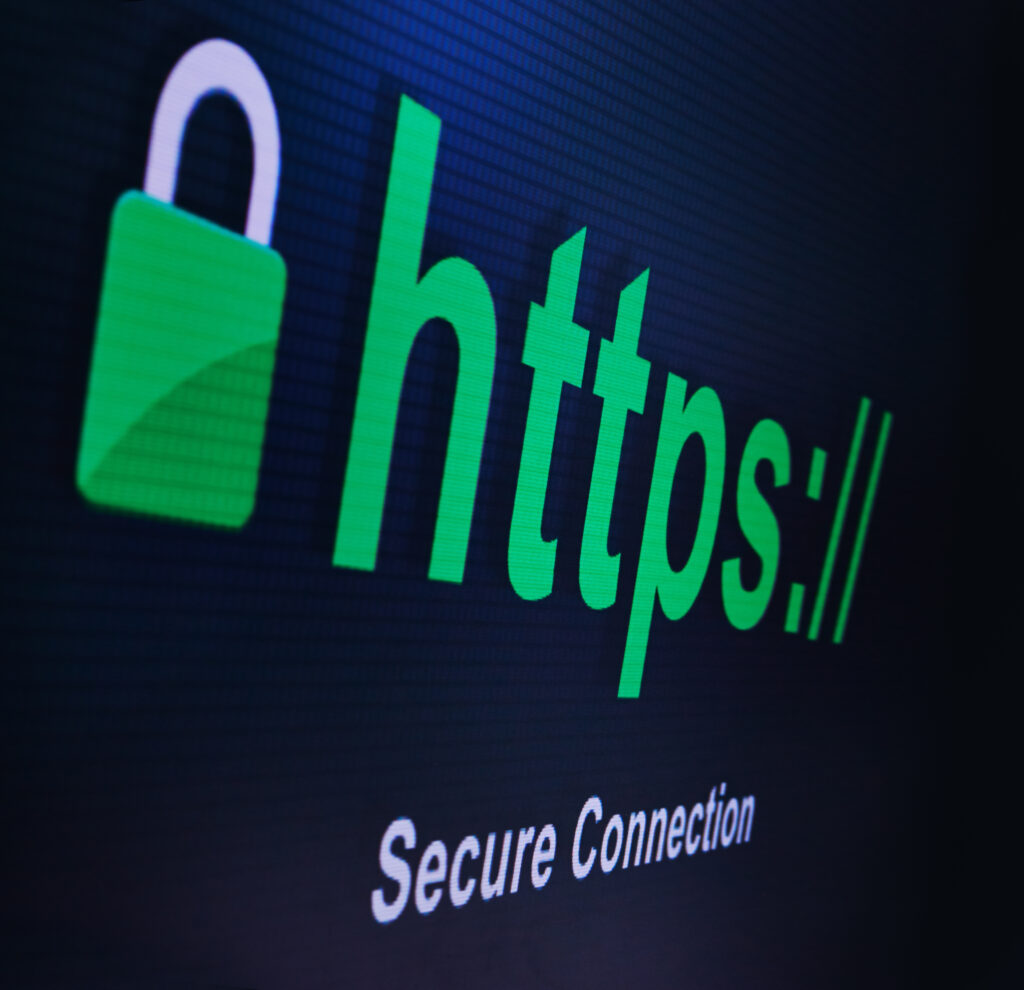
HTTPS: The First Line of SEO Trust
The most visible sign of website security is HTTPS — a secure version of HTTP, powered by an SSL (Secure Sockets Layer) certificate. HTTPS encrypts the data sent between a user’s browser and your server, keeping sensitive information safe.
Google first started using HTTPS as a ranking signal in 2014. Since then, nearly all reputable websites have migrated to HTTPS. If your website is still showing “Not Secure” in the browser bar, it’s sending the wrong message to both users and Google.
You can get an SSL certificate through your hosting provider, use free options like Let’s Encrypt, or choose a premium solution depending on the nature of your business. At Best Website Builder Group, we ensure every client site is protected with SSL by default.

Server Security and SEO Impact
Beyond the SSL certificate, the actual environment your site is hosted on plays a major role in performance and trustworthiness.
If your server is vulnerable — whether through outdated software, poor configurations, or lack of firewall protection — it becomes a risk to your visitors and your SEO. Sites hosted on compromised or blacklisted IP addresses may experience:
- Crawling issues due to malware flags
- Broken sitemaps or slow response times
- Search engine penalties
- A decline in rankings due to trust signals being broken
Secure hosting providers offer features such as:
- Daily malware scans
- Firewall protection
- Regular patching and software updates
- Intrusion prevention systems
- Site backups for recovery
When working with platforms like WordPress or Webflow, it’s important to verify the security infrastructure of your hosting stack. Platforms like Shopify and Webflow manage much of this for you, but with self-hosted WordPress, it becomes your responsibility to secure the backend and keep it updated.

Protection Against Malware and Blacklisting
One of the most severe threats to your SEO is the risk of malware injections. If your website is compromised, hackers can insert malicious code into your pages. This could redirect users to dangerous sites, inject spammy outbound links, or install keyloggers on user devices.
Search engines like Google use tools such as Safe Browsing to automatically scan for malware and phishing. If your site is flagged, you’ll likely see a significant drop in rankings — and a warning screen shown to every visitor attempting to enter your site.
Once a site is blacklisted by Google or flagged for malware, cleaning it up can take weeks. It’s a critical reminder that website security isn’t just about peace of mind — it’s about protecting your visibility in search.
Tools like Sucuri or Wordfence can help monitor and protect WordPress websites from these issues.

Keeping Software and Plugins Updated
Outdated themes, plugins, or core files are among the most common reasons websites get hacked. Whether you’re using WordPress, Joomla, Magento, or any other CMS, keeping your software up to date is an essential part of website security.
Each update typically includes patches to close newly discovered vulnerabilities. If these aren’t applied, your site becomes an easy target for automated bots that search for known exploits.
Security-conscious SEO means treating website updates as mandatory — not optional.
Limiting User Permissions and Login Access
Another important but often overlooked security tactic is controlling access. Limit the number of admin-level users, enforce strong passwords, and set up two-factor authentication (2FA) wherever possible.
In SEO terms, a compromised admin account can lead to unauthorized changes to your site’s content, redirects, or file structure — all of which may affect how your site is indexed or ranked.
If someone logs into your dashboard and alters important settings — like your robots.txt file or permalink structure — it could take weeks to recover your SEO stability.
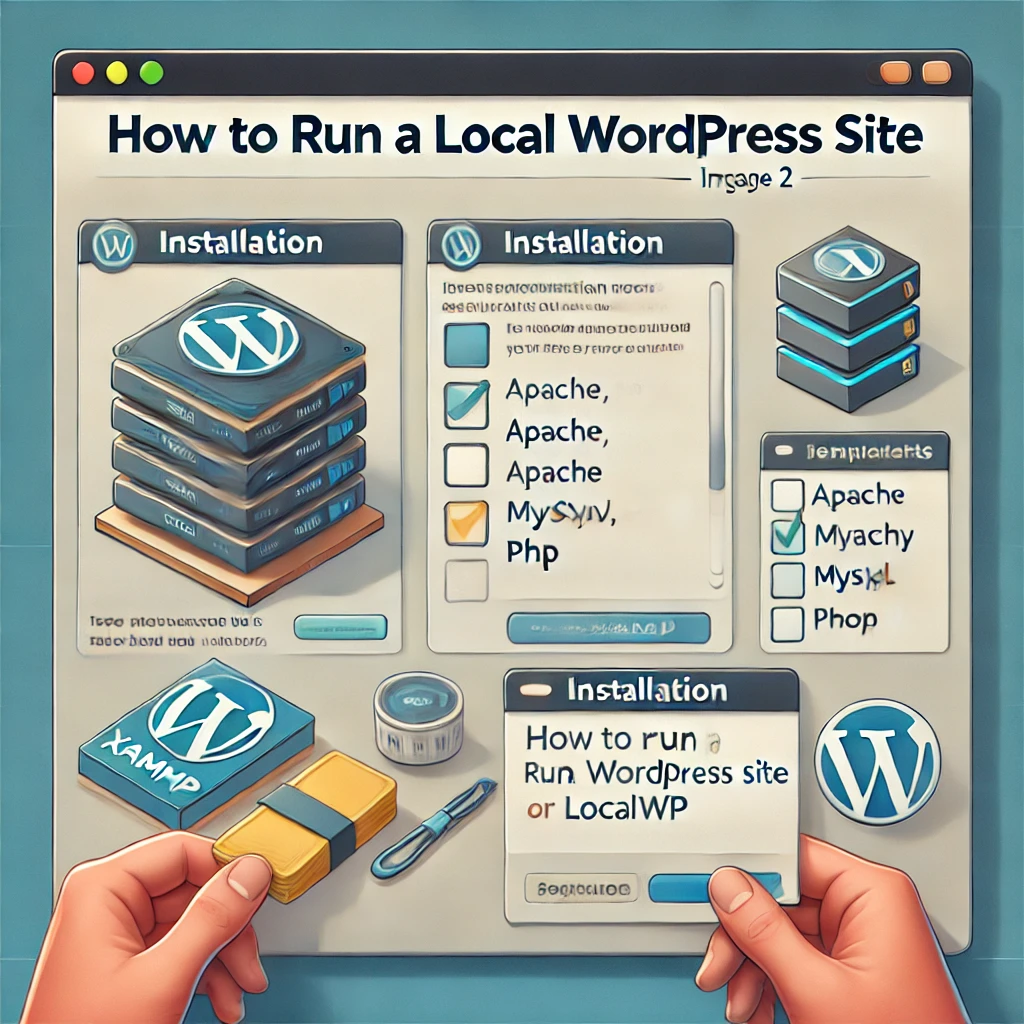
The SEO Consequences of Downtime
Security breaches often lead to downtime — either from the attack itself or from emergency maintenance afterward. If your site is offline when Google tries to crawl it, the search engine may interpret the site as unreliable.
Frequent or prolonged downtime can:
- Reduce crawl frequency
- Remove you from indexing temporarily
- Affect your site’s authority score
- Lead to user trust loss
Make sure you have uptime monitoring in place. Tools like UptimeRobot or Pingdom allow you to track your site’s availability and be notified of issues immediately.
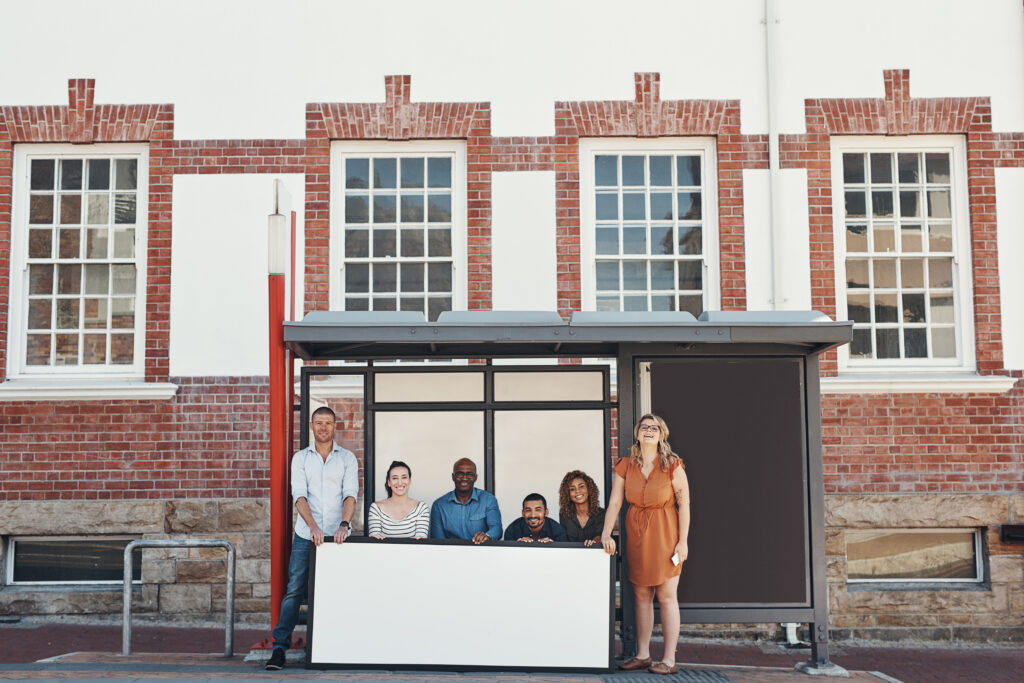
The Relationship Between Security and Speed
Security and speed are closely connected. A secure, well-optimized site typically loads faster because it’s not bloated with unnecessary scripts, malware, or poorly coded plugins. And as established in our article on website speed, faster websites rank better in Google.
Security tools like CDN-based firewalls (e.g., Cloudflare) can also cache pages and block bad bots, reducing server load and improving speed — a win-win for both safety and SEO.
Reinforcing Trust With Users (and Google)
When visitors see that your website is secure, they’re more likely to stay longer, browse more pages, and convert into customers. These behavioral metrics — bounce rate, time on site, pages per session — are all signals that Google uses in its algorithm.
Conversely, if your website is flagged as unsafe or shows browser warnings, users will bounce — and your rankings will suffer.
Establishing trust with users is a core pillar of modern SEO, and website security is one of the first things users (and search engines) notice.

Final Thoughts
Website security is no longer a technical afterthought — it’s a central factor in your site’s SEO success. From HTTPS and malware protection to secure hosting and updated plugins, protecting your site isn’t just about avoiding disaster — it’s about improving visibility, ranking higher, and giving your users a better experience.
If you’re looking to improve your SEO performance, don’t skip this foundational step. At Best Website Builder Group, we help businesses build secure, high-performance websites that not only look great but rank well — because they’re built on trust from the ground up.
